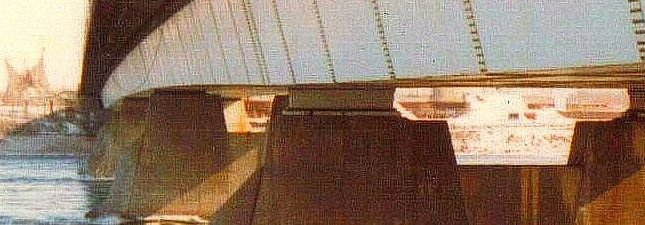It was published just after the first Gulf War, and contains optimistic comments about what seemed to be a limited offensive. This was an unfortunate example of wishful thinking, since the book, although otherwise well balanced, does not seem to want to believe in the recent possibility of extreme escalation.
The statement above is unfair, but it reflects my disappointment, since I remember those days very well. These were the times when Gwynne Dyer, another distinguished historian, had a CBC radio series on how the world was getting better. His reportage indicated that there were less and less big wars. I will be reading his book on war soon.
Things have changed since...
The Keegan book is a comprehensive analysis of the culture of war. It is generally cautious, erudite, and wide-ranging. Its coverage includes what we can gather from prehistory, from isolated cultures, from Western and Eastern traditions, and it analyzes cultural, anthropological and biological factors to define what is meant by "war". It provides a framework for defining war across cultures and religions and observes that war is often self-limiting, but not always.
It is also an attack on Clausewitz's dictum that war is an extension of politics - an extreme in a spectrum. In fact Keegan links the adoption of Clausewitzian philosophy to the Great War.
He makes a strong case. Total war does not seem common in history or prehistory, although it does occur. It is certainly not a survival mechanism for cultures! Its ultimate realization in the atomic age is a tragedy and he also makes the point that it cannot be considered politics by any stretch of the imagination, unless we simply consider it deterrence, which is a strange way to look at it.
All in all, it does illuminate the reality of war and does not make it seem inevitable, yet more must be said about the adoption of a Clausewitzian view in a world of measurement and power games. If a tool like total war exists, it will be used in certain cultures of escalation. I think that positivist materialism provides that context - ironically enough.


No comments:
Post a Comment